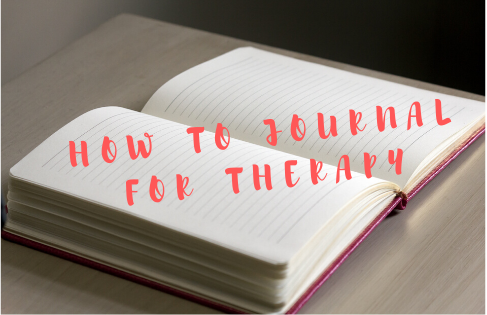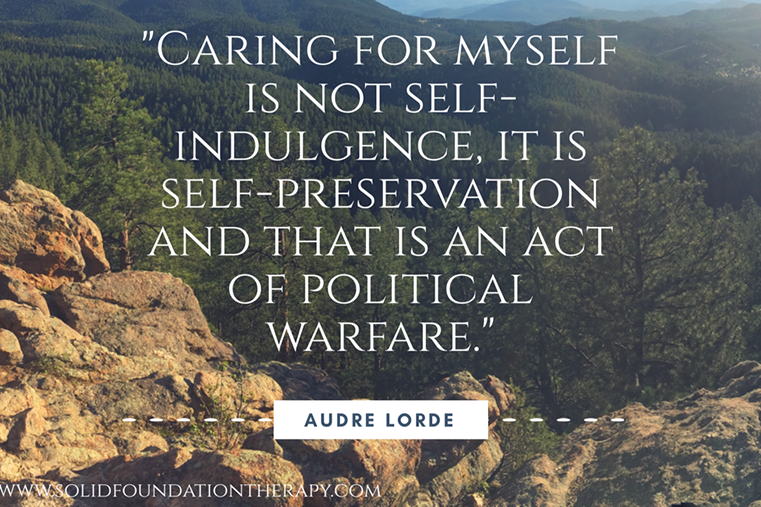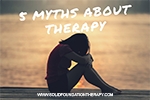
We are pleased to offer both in-person and teletherapy services at this time. Current clients please use our client portal to update your information. For information on becoming a client please call or email us.
Blog
Blog Articles

Building and Maintaining Boundaries: an unexpected form of self-care
Lindsey Davis, September 10, 2017
How To Journal For Therapy
Therapy is a wonderful place to lay out all of our thoughts and feelings and begin to organize them while finding patterns with a trusted therapist. We often have “aha-moments” when things make so much sense and we can clearly see why or how we got to where we are. We leave therapy knowing that these moments are unforgettable and we’re determined to do our “homework” and read that book or watch that You Tube video our therapist suggested. And then we go onto our daily lives and completely forget those moments of illumination and we can’t remember the name of that author. It happens all the time and it’s totally normal. We’re busy! We’ve got things to do and studies have shown that simply leaving a room can cause our brains to forget things (Walking through doorways causes forgetting: Further explorations). It’s no surprise that our brilliant insights fade so that by the time we get to our next session we’re trying to recall those insights and explain why we didn’t do our homework. It’s frustrating!
Journaling can help with that. By taking some time immediately after a session, or as close to the end of the session as life will allow, we can really help those insights stick. Not sure how to do it? No problem!
Journaling can look different for everyone but there’s one basic rule: write something down! This can be typing into a notes app on your phone or computer if you like but studies have also shown that writing by hand can help information stick in your memory longer (The Pen Is Mightier Than the Keyboard: Advantages of Longhand Over Laptop Note Taking). Either way, putting the thoughts somewhere you can access them later is better than letting them fade away. You can simply freestyle and let the thoughts just flow through you without censoring yourself. Read your entry when you’re done and see if you notice anything. If you’re into bullet journaling #bujo you can create a page or a section for your therapy session every week or month.
If you’re not sure what to write down here are some prompts that might help you get started:
- What are my goals in therapy?
- What does progress in therapy look like?
- How am I making progress toward my goals?
- How did I feel at the beginning of the session, the end of the session, and what do I think contributed to the difference?
- What is something my therapist said that made me feel a certain way? (feelings might include annoyed, frustrated, angry, sad, upset, relieved, happy, content, overwhelmed, surprised, etc)
- What memories came to me during the session?
- What was something that caught me off guard during the session?
- What is something I don’t ever want to forget from the session?
- Write a poem or draw a picture.
- What is a song that really depicts your session?
My homework/to do before next session is:
If we’ve never journaled before or haven’t tried since we wrote about our secret crushes in the journal hidden under our mattress in high school it might feel intimidating or like a lot of work but it really doesn’t have to be. Give yourself five minutes to a full hour to just sit down and put something down. If you’re feeling brave share it with your therapist next session (we love that stuff). It can really help you move therapy along and you might just start to see some small and big changes in your life. Interested in other ways you can get the most out of therapy? Check our Lindsey’s article here (How To Make The Most Of Therapy).
The information contained herein is not therapeutic advice nor a substitute for therapy. It should not be used to diagnose or treat any mental health problem. If you are located within the United States and you need emergency assistance please call 911 or go to your nearest emergency room. If you are located within Colorado you may also call the Colorado Crisis Line at 844-493-TALK (8255).







